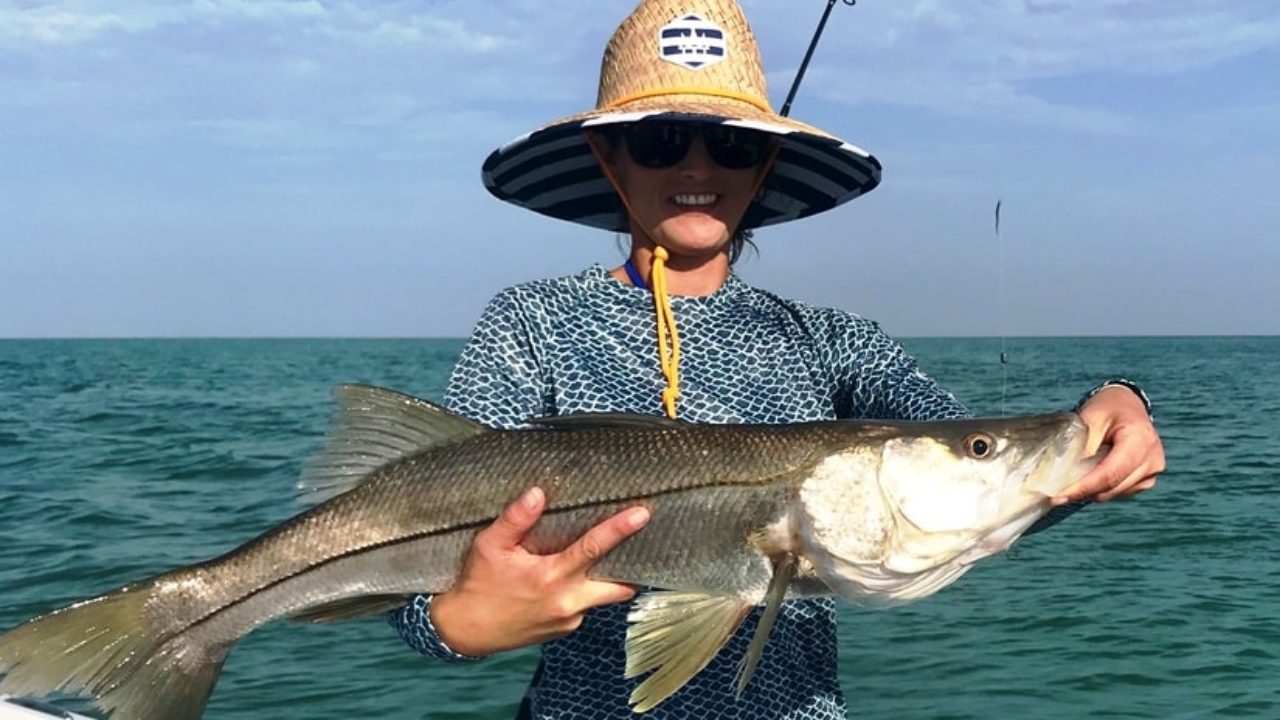

By 2018, snook of all sizes were found in the region, and we found strong evidence of local reproduction during 2016–2018.

The spatial and temporal expansion of the species began with adult fish in 2007. Using data from a long-term monitoring program, we report an increase in catches of snook in this area since 2007.

Cedar Key and the Lower Suwannee River are north of the snook’s historically documented range, likely due to lethal water temperatures during winter. The snook is an economically and recreationally important sport fish found from southern Brazil to south Florida. Our objectives were to quantify changing environmental conditions and the poleward expansion of the common snook Centropomus undecimalis into the Cedar Keys area of Florida, USA (29 deg N). In the Gulf of Mexico, higher mean temperatures and less frequent winter freezes have led to the expansion of tropics-associated marine organisms. Globally, rising temperatures have resulted in numerous examples of poleward shifts in species distribution patterns with accompanying changes in community structure and ecosystem processes.


 0 kommentar(er)
0 kommentar(er)
